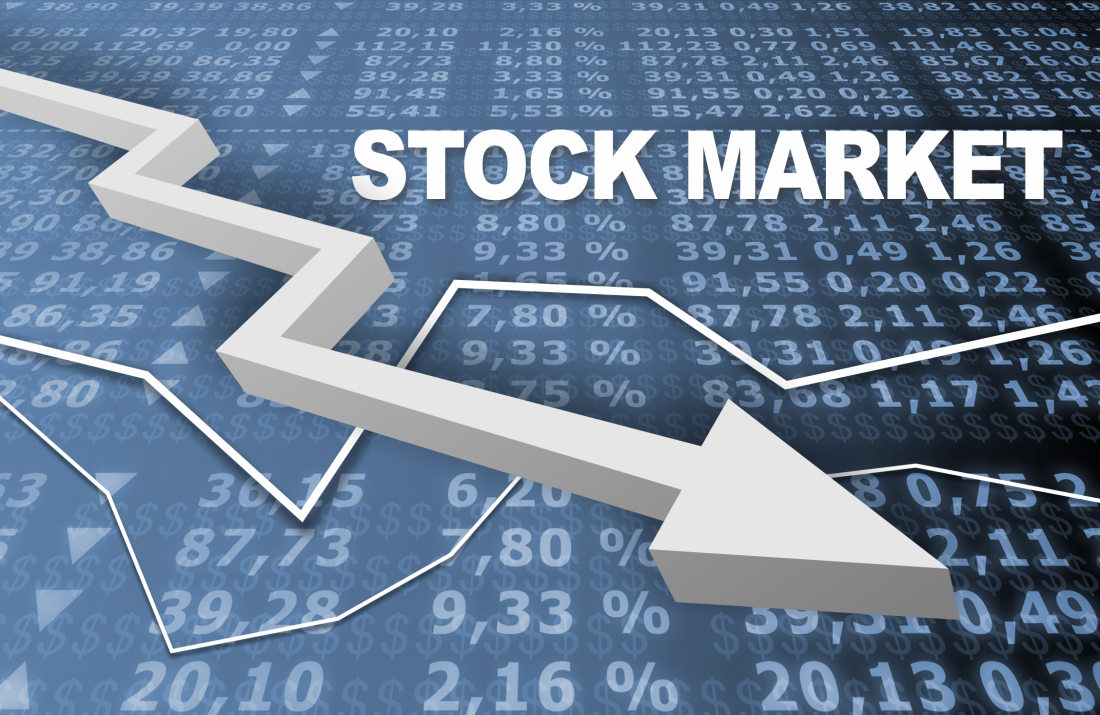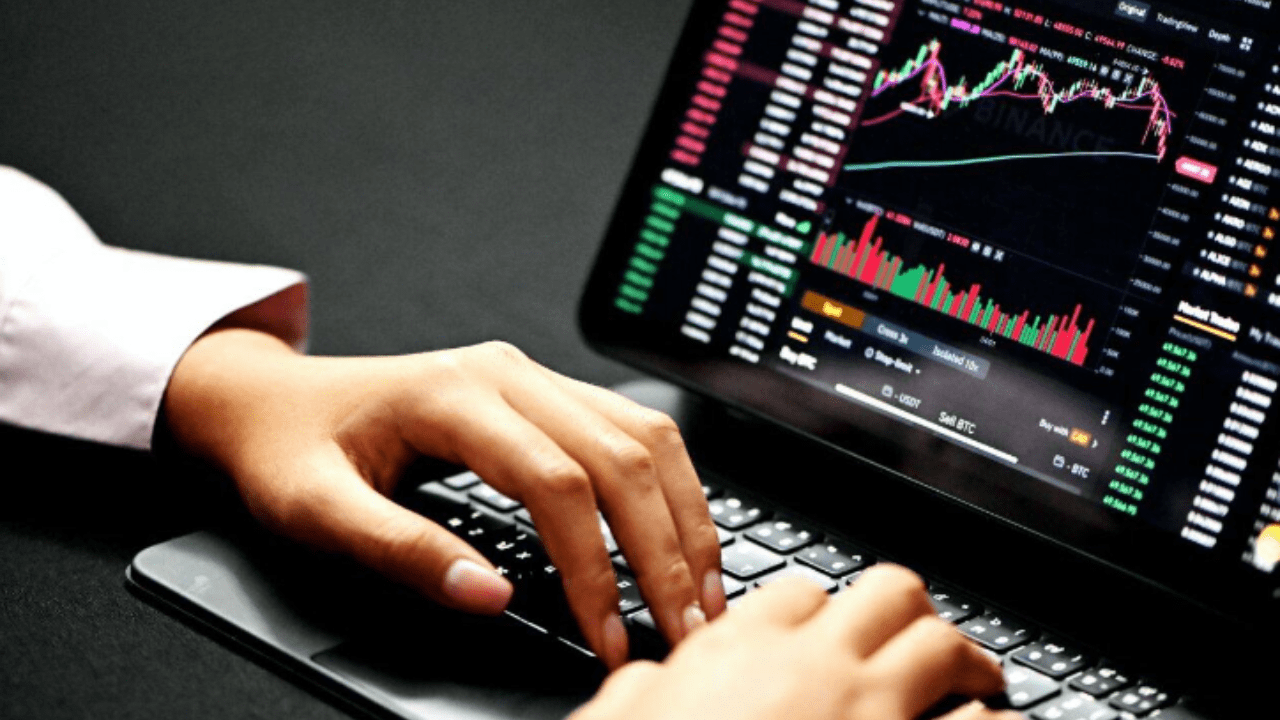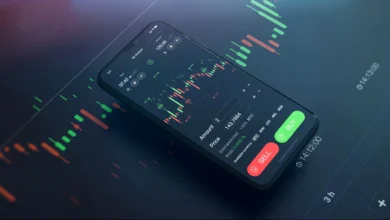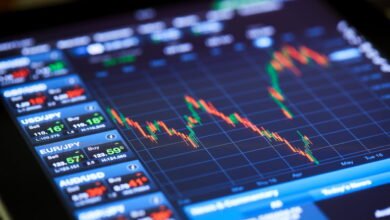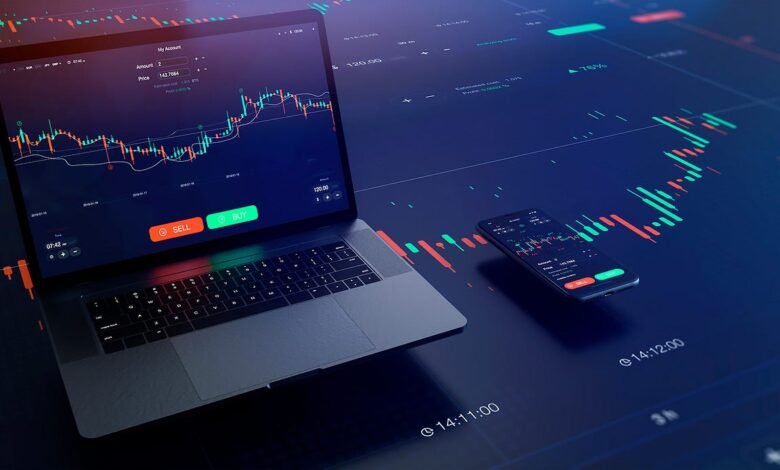
Finding the best markets to trade online has become essential for both novice and experienced traders seeking profitable opportunities in today’s digital economy. With countless trading platforms and market options available, selecting the right markets can significantly impact your trading success and financial growth.
The online trading landscape offers unprecedented access to global financial markets, allowing traders to participate in forex, stocks, cryptocurrencies, commodities, and indices from anywhere in the world. Understanding which markets offer the best opportunities, liquidity, and potential returns is crucial for developing a successful trading strategy.
Whether you’re looking to diversify your investment portfolio or start your trading journey, this comprehensive guide will explore the most profitable and accessible markets available to online traders in 2025, providing you with the knowledge needed to make informed trading decisions.
Online Trading Markets Fundamentals
What Makes a Market Ideal for Online Trading
Successful online trading requires markets that offer specific characteristics beneficial to individual traders. High liquidity ensures you can enter and exit positions easily without significant price impact, while volatility provides profit opportunities through price movements.
Market Accessibility and Trading Hours The best trading markets offer extended or 24-hour access, allowing traders to capitalize on opportunities regardless of their location or schedule. Markets with overlapping trading sessions provide increased liquidity and more trading opportunities throughout the day.
Low Transaction Costs and Spreads. Cost-effective trading is essential for profitability, especially for frequent traders. Markets with tight spreads and low commission structures help maximize profits by reducing the cost of entering and exiting positions.
Regulatory Environment and Safety Well-regulated markets provide trader protection through oversight, transparent pricing, and dispute resolution mechanisms. Choosing markets with strong regulatory frameworks ensures your trading capital remains secure.
Technology and Platform Requirements
Advanced Trading Tools and Analytics Modern online trading requires sophisticated platforms offering real-time data, technical analysis tools, and automated trading capabilities. The best markets provide comprehensive charting software and market analysis resources.
Mobile Trading Capabilities Mobile accessibility has become crucial for online traders who need to monitor positions and execute trades from anywhere. Leading markets offer fully functional mobile applications with complete trading capabilities.
Educational Resources and Support Markets that provide extensive educational materials, webinars, and customer support help traders develop skills and resolve issues quickly. Quality education resources can significantly impact trading success rates.
Best Markets to Trade Online: Foreign Exchange (Forex)
Why Forex Dominates Online Trading
The foreign exchange market represents the largest and most liquid financial market globally, with daily trading volumes exceeding $7.5 trillion. This massive liquidity ensures tight spreads and excellent execution for online traders of all sizes.
Major Currency Pairs for Beginners New traders should focus on major currency pairs like EUR/USD, GBP/USD, and USD/JPY, which offer stable trading conditions, predictable volatility patterns, and abundant educational resources. These pairs typically have the lowest spreads and most reliable technical analysis patterns.
24/5 Trading Opportunities Forex markets operate continuously from Sunday evening to Friday evening, providing unmatched flexibility for traders worldwide. The overlapping sessions between major financial centers create optimal trading conditions with increased volatility and liquidity.
Leverage and Risk Management Forex brokers typically offer leverage ratios up to 1:500, allowing traders to control larger positions with smaller capital investments. However, proper risk management becomes crucial as leverage amplifies both potential profits and losses.
Advanced Forex Trading Strategies
Carry Trade Opportunities Experienced traders can capitalize on interest rate differentials between currencies through carry trades, earning daily interest payments while potentially profiting from favorable currency movements.
Economic Calendar Trading Forex markets react strongly to economic announcements, creating opportunities for traders who understand how to interpret and trade around major economic releases like NFP, GDP, and central bank decisions.
Multi-Timeframe Analysis Successful forex trading often involves analyzing multiple timeframes to identify optimal entry and exit points. Combining daily trend analysis with hourly precision timing can significantly improve trading results.
Stock Market Trading: Equities and Growth Opportunities
Blue-Chip Stocks for Stable Returns
Large-cap stocks from established companies like Apple, Microsoft, and Amazon offer relatively stable trading opportunities with consistent volume and liquidity. These stocks provide excellent learning opportunities for new traders while offering genuine profit potential.
Technology Sector Leadership Technology stocks continue to attract online traders due to their volatility and growth potential. Companies in artificial intelligence, cloud computing, and renewable energy sectors often provide significant trading opportunities driven by innovation and market adoption.
Dividend Aristocrats and Income Strategies Dividend-paying stocks offer dual benefits of potential capital appreciation and regular income distributions. Utilities, REITs, and consumer staples typically provide steady dividend yields attractive to income-focused traders.
Growth Stocks and Market Momentum
Identifying High-Growth Opportunities. Growth stocks in emerging sectors often provide the highest profit potential for online traders willing to accept increased volatility. Biotechnology, electric vehicles, and renewable energy companies frequently experience rapid price movements.
Earnings Season Trading Quarterly earnings announcements create significant trading opportunities as stock prices react to financial results and forward guidance. Traders can capitalize on both positive and negative earnings surprises through strategic positioning.
IPO and SPAC Opportunities Initial public offerings and special purpose acquisition companies provide unique trading opportunities, though they require careful analysis and risk management due to limited historical data and high volatility.
Cryptocurrency Markets: The Digital Asset Revolution
Bitcoin and Ethereum as Market Leaders
Bitcoin remains the most liquid and widely traded cryptocurrency, offering 24/7 trading opportunities with significant volatility potential. Ethereum, with its smart contract functionality, provides additional trading opportunities linked to decentralized finance developments.
Major Cryptocurrency Exchanges Leading exchanges like Binance, Coinbase, and Kraken offer professional trading tools, advanced order types, and institutional-grade security. These platforms provide access to hundreds of cryptocurrency pairs with varying liquidity levels.
Market Correlation and Analysis Cryptocurrency markets often move in correlation with Bitcoin, though individual altcoins can experience independent price movements based on project developments, partnerships, and technological advancements.
Alternative Cryptocurrencies and DeFi Tokens
High-Potential Altcoins Alternative cryptocurrencies like Cardano, Solana, and Polygon offer opportunities for traders seeking higher risk-reward ratios. These projects often experience significant price movements based on development milestones and ecosystem growth.
Decentralized Finance (DeFi) Trading DeFi tokens represent governance rights in decentralized protocols and often provide yield farming opportunities alongside traditional price speculation. Understanding DeFi fundamentals becomes crucial for successful trading in this sector.
NFT and Gaming Token Markets Non-fungible token marketplaces and blockchain gaming tokens create new trading opportunities, though they require specialized knowledge of digital collectibles and gaming ecosystems.
Commodity Trading: Tangible Asset Investments
Precious Metals Trading
Gold and silver remain popular among online traders seeking safe-haven assets and inflation hedges. These metals often move inversely to stock markets, providing portfolio diversification benefits during economic uncertainty.
Industrial Metals and Infrastructure Copper, aluminum, and steel prices reflect global economic growth and infrastructure development. These commodities offer trading opportunities linked to industrial production and emerging market development.
Energy Commodities and Market Dynamics Crude oil, natural gas, and renewable energy commodities provide high-volatility trading opportunities influenced by geopolitical events, supply-demand dynamics, and policy changes.
Agricultural Commodities and Seasonal Patterns
Grain and Livestock Markets Corn, wheat, soybeans, and livestock futures offer seasonal trading opportunities influenced by weather patterns, global demand, and agricultural policy decisions.
Soft Commodities Trading Coffee, sugar, and cocoa markets provide unique trading opportunities driven by weather conditions in producing regions, global consumption patterns, and currency fluctuations in producing countries.
Supply Chain and Global Trade Impact Understanding global supply chains and trade relationships becomes crucial for successful commodity trading, as disruptions can create significant price movements and trading opportunities.
Index and ETF Trading Strategies
Major Stock Indices
Trading major indices like the S&P 500, NASDAQ 100, and Dow Jones Industrial Average provides exposure to broad market movements without selecting individual stocks. These instruments offer excellent liquidity and tight spreads.
International Index Opportunities FTSE 100, DAX, and Nikkei 225 provide opportunities to trade international markets and benefit from global economic developments. Time zone differences create trading opportunities as different markets open and close.
Sector-Specific Index Trading Technology: healthcare and financial sector indices allow traders to focus on specific industries showing strength or weakness. These instruments provide targeted exposure without individual stock selection risks.
Exchange-Traded Funds (ETFs)
Diversified ETF Strategies ETFs combine the diversification benefits of mutual funds with the trading flexibility of individual stocks. They offer exposure to various asset classes, sectors, and geographical regions through single instruments.
Commodity and Currency ETFs: These instruments provide indirect exposure to commodities and foreign currencies without the complexities of futures trading or direct currency exchange. They often track underlying assets closely while offering improved liquidity.
Leveraged and Inverse ETFs. Advanced traders can use leveraged ETFs to amplify market exposure or inverse ETFs to profit from declining markets. These instruments require careful risk management due to their complex structures and daily rebalancing effects.
Choosing the Right Trading Platform and Broker
Platform Features and Trading Tools
Advanced Charting and Technical Analysis Professional trading platforms offer comprehensive technical analysis tools, including multiple chart types, technical indicators, and drawing tools essential for market analysis and decision-making.
Order Types and Execution Quality platforms provide various order types, including limit orders, stop-losses, and advanced conditional orders. Fast execution speeds and minimal slippage become crucial for active trading strategies.
Research and Market Analysis Leading brokers provide fundamental and technical research, economic calendars, and market commentary to help traders make informed decisions. Quality research can significantly impact trading success rates.
Regulatory Compliance and Security
Broker Regulation and Oversight: Choose brokers regulated by reputable authorities like the SEC, FCA, or ASIC. Regulatory oversight ensures client fund protection, fair trading practices, and dispute resolution mechanisms.
Account Security and Fund Protection: Two-factor authentication, encryption protocols, and segregated client accounts provide essential security for online trading activities. Client fund insurance adds additional protection layers.
Customer Service and Support Responsive customer service becomes crucial when technical issues arise or trading questions need resolution. 24/7 support availability ensures assistance during all trading hours.
Also Read: Best Bitcoin for Beginners Today Complete Guide to Start in 2025
Risk Management and Trading Psychology
Essential Risk Management Principles
Position Sizing and Capital Preservation: Never risk more than 1-2% of trading capital on single trades. Conservative position sizing helps preserve capital during losing streaks and allows for long-term growth.
Stop-Loss and Take-Profit Strategies Systematic use of stop-loss orders prevents catastrophic losses while take-profit levels secure gains before market reversals. These tools remove emotion from trading decisions.
Diversification Across Markets Spreading risk across different asset classes, time zones, and market sectors reduces overall portfolio volatility and provides multiple profit opportunities.
Developing Trading Discipline
Trading Plan Development Successful traders develop and follow detailed trading plans that specify entry and exit criteria, risk parameters, and performance evaluation methods. Consistency in plan execution improves results.
Emotional Control and Psychology Managing emotions like fear and greed becomes crucial for trading success. Maintaining discipline during both winning and losing periods requires mental preparation and psychological awareness.
Continuous Learning and Adaptation Markets evolve constantly, requiring traders to update their knowledge and adapt strategies. Regular education, market analysis, and strategy refinement contribute to long-term success.
Conclusion
The best markets to trade online offer unique opportunities for traders willing to develop proper skills, implement sound risk management, and maintain disciplined execution. Whether you choose forex for its liquidity, stocks for fundamental analysis opportunities, cryptocurrencies for 24/7 trading, or commodities for diversification, success depends on education, practice, and strategic planning.
Each market category provides distinct advantages and challenges. Forex markets offer unmatched liquidity and leverage opportunities, while stock markets provide fundamental analysis possibilities and dividend income potential. Cryptocurrency markets deliver round-the-clock trading with high volatility, and commodity markets offer inflation hedging and portfolio diversification benefits.
FAQs
Q: Which are the best markets to trade online for beginners?
A: The best markets to trade online for beginners include forex major pairs (EUR/USD, GBP/USD), blue-chip stocks, and broad market ETFs. These markets offer high liquidity, educational resources, and relatively predictable behavior patterns ideal for learning.
Q: What makes certain online trading markets more profitable than others?
A: Market profitability depends on volatility, liquidity, trading costs, and personal expertise. Forex and cryptocurrency markets often provide high profit potential due to leverage and 24/7 trading, while stock markets offer stability and fundamental analysis opportunities.
Q: How much capital do I need to start trading the best online markets?
A: Most brokers allow trading with $100-$500 minimum deposits, though $1,000-$5,000 provides better risk management flexibility. The required capital depends on chosen markets, trading strategy, and risk tolerance levels.
Q: Are online trading markets safe and regulated?
A: Yes, when choosing licensed brokers regulated by authorities like the SEC, FCA, or CYSEC. Always verify broker credentials and ensure they offer investor protection schemes before opening trading accounts.
Q: What’s the best time to trade different online markets?
A: Forex markets are most active during overlapping sessions (London-New York). Stock markets trade during business hours in respective countries. Cryptocurrency markets operate 24/7, providing flexibility for all schedules and time zones.

